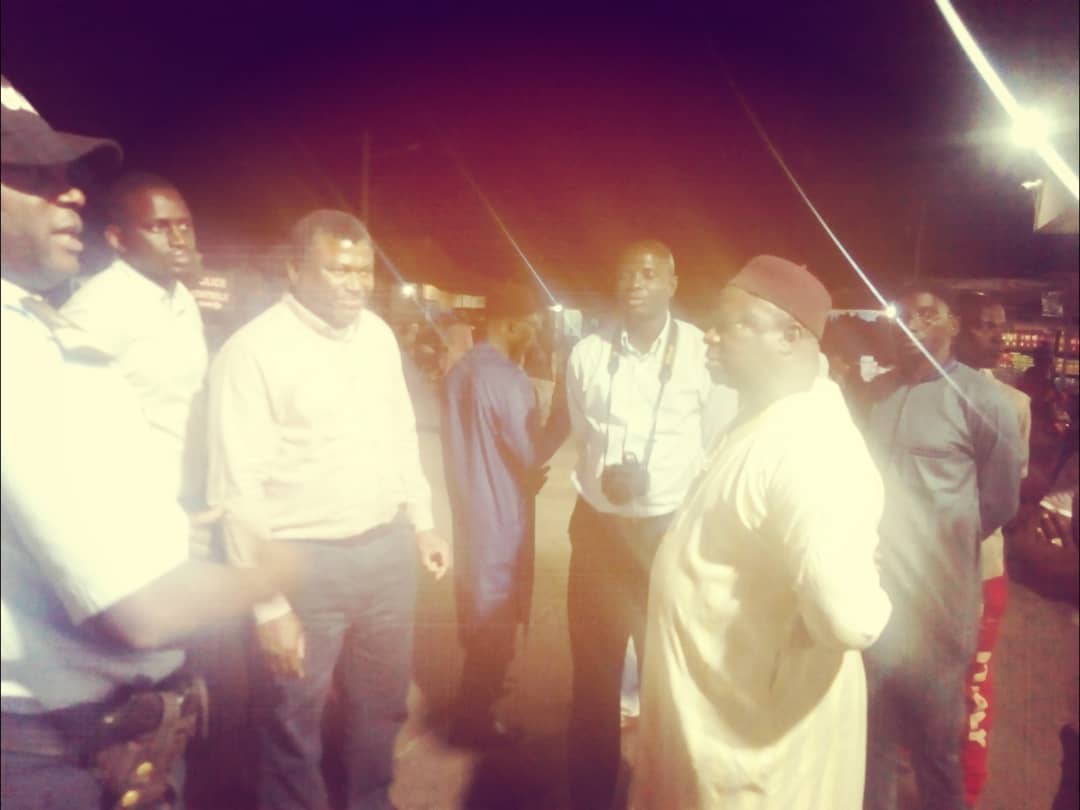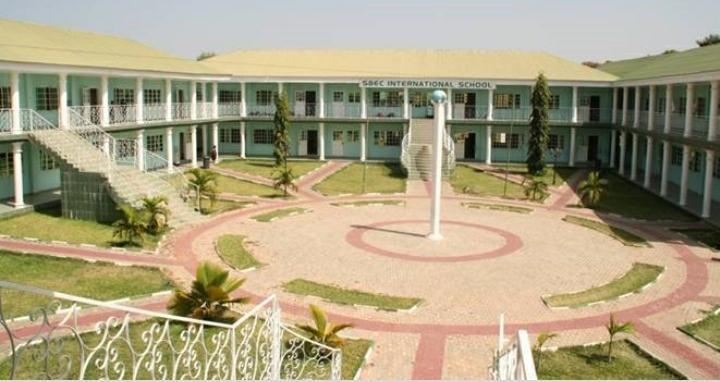By Nyima Sillah
Landlords in Greatest Banjul and West Coast Region have vowed to evict refugees who couldn’t afford to pay their house rents after being jobless for months due to the coronavirus pandemic.
The refugees from the Senegalese southern region of Casamance, Guinea Bissau, Togo, Ivory Coast, Sudan, Liberia, Sierra Leone and Democratic Republic of Congo are appealing to the government of President Adama Barrow for urgent assistance with house rent.
Since the global coronavirus pandemic emerged in the country eight months ago which left thousands of people jobless after dozens of businesses shut down, refugees are bearing the brunt of the pandemic.
Fatime Tchagole, a Togolese refugee said: “Since the pandemic started things got worse making their livelihood complicated. I have not pay my house rent for the past six months and the landlord is demanding his money every day and I don’t have enough money for myself to talk less of the rent.”
“Refugees in the country are suffering especially the Togolese and we don’t have any relatives to support us,” she said.
She confirmed receiving support from The Gambia government and Gambia Food and Nutrition Association, but quick to say that is not enough to sustain any family during this pandemic, and they cannot go back because their country is very unsafe.
Mansata Jarju, a refugee from Senegalese southern region of Casamance, confirmed that a Covid 19 support package was distributed, but she didn’t benefit as head of her family and she has children going to school.
“Business is unusual so I beg the government to look back on us because we are suffering,” she pleaded.
Yusupha J. Gomez, executive director of GAFNA also pleaded for more support for the refugees especially those in urban areas who have families.
He said the urban refugees primarily depend on petty trading to make living, but businesses are seriously affected by Covid 19.
“Government relief package was given to refugees as any person in the country but GAFNA have been doing it on pages in fact we are planning to possess another food for the most vulnerable ones,” he said.
Gomez revealed that apart from the Covid-19, his office also help the refugees in the area of education by proving scholarship especially for those in the tertiary level.
He added that some of the programs designed and budgeted for the refugees were not implemented due to the pandemic.
Commenting on issues facing w refugees-based in the country, Louis Charbou Mendy, Commissioner for Refugees said: “the package given to the refugees during this pandemic is not enough because they have families and kids that are going to school and they don’t have any relatives here.”




